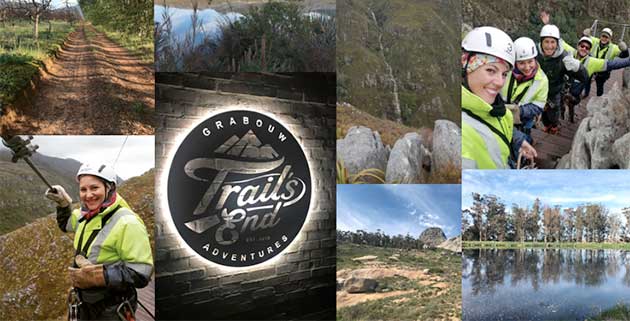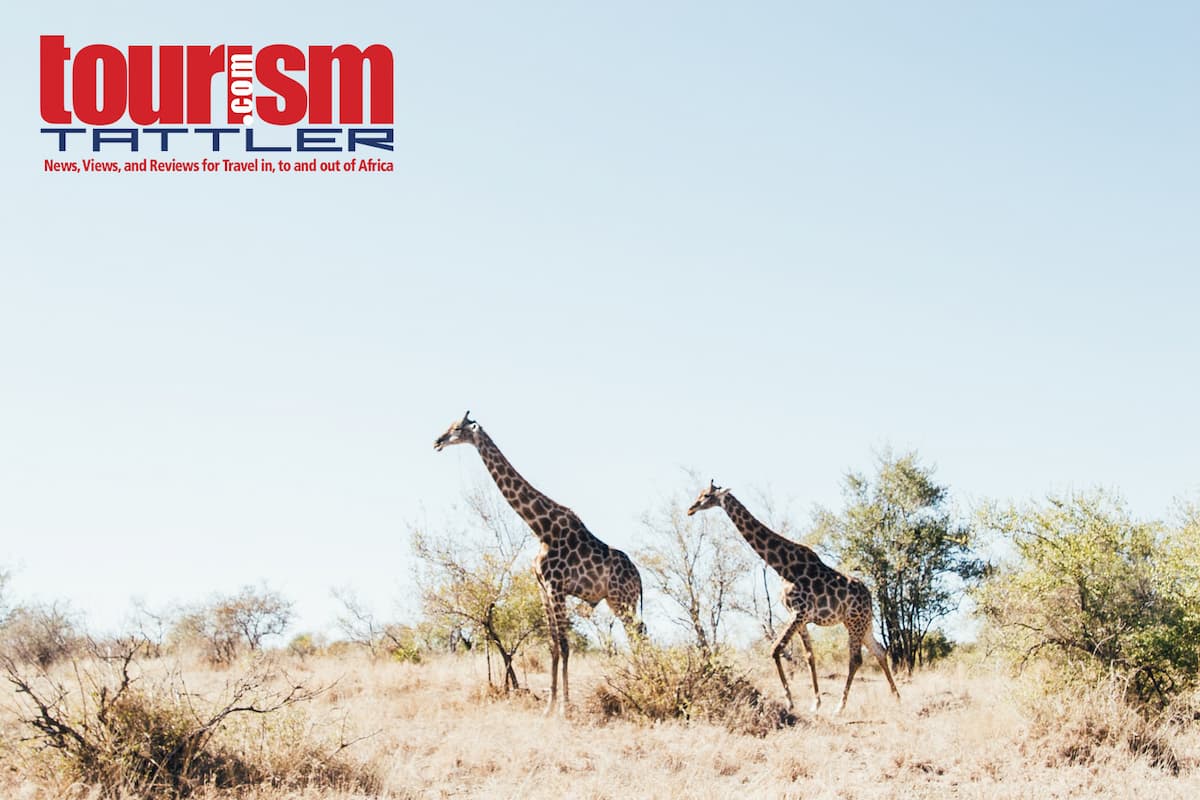AfrikaBurn 2018: South Africa’s Own Burning Man
South Africa is home to some of the most diverse cultures in the world, coexisting in a unified land of endless potential. Visitors to the shores of South Africa are constantly blown away by the dynamic, blended mix of cultures that are outshone only by the beauty of the land itself. It is difficult to describe the essence of South Africa, but a good place to start would be AfrikaBurn 2018.
Created in 2007, AfrikaBurn is a regional spinoff of the original Burning Man festival in Nevada. Like its many global counterparts, AfrikaBurn is a participant-run event that celebrates the diversity of the South African people through performance, music, art, theme camps and burning structures. Since its inception in 2007, AfrikaBurn has been held at a privately owned farm known as Stonehenge. The farm lies in the heart of the Karoo desert, adjacent to the Tankwa Karoo National Park. The isolation of the farm makes it the ideal spot for the celebration of life, and the coming together of different cultures like a blank canvas being spread with vibrant colours.

Self-Expression, Gifting and Civic Responsibility
In order to understand the concept of AfrikaBurn, one only needs to look at the 11 guiding principles of the movement. Among these, the few that stand out are radial self-reliance, gifting, communal effort, civic responsibility, self-expression, participation and decommodification. The festival itself is created with the help of volunteers, and every attendee is encouraged to volunteer their efforts in some way or another.
Contributing to the Community
The central idea is that everyone attending the event must contribute to the community in a meaningful way. A contribution can be anything beneficial, whether food, water or an inspiring piece of art. For those musically or artistically inclined, contributions can come in the form of performances or large structural artworks that get burnt at the closing of the festival. For others, it could mean creating a theme camp that offers a cup of coffee, or a solar shower.
There is no money at AfrikaBurn. Nothing is for sale and nothing can be bought. In this community, even barter systems are done away with. Everything at AfrikaBurn is gifted and received with grace. Due to its remote and off-grid desert location, everything must be brought along with you. If you are planning on visiting, it is important to remember that all food, water and amenities need to be brought along and that there is no place for ‘moop‘; or Matter Out Of Place; what comes along must go home too.
AfrikaBurn Tankwa Town
At the heart of the festival is Tankwa Town, the temporary community where just about everything goes. The desert society of Tankwa Town is filled with an eclectic mix of people from all walks of life. Abandoning their societal roles, AfrikaBurn attendees are free to express themselves in whatever way they see fit. Men in fluorescent tutu’s, random nakedness and steampunk style crash helmets are a common site against the dusty skyline.
AfrikaBurn is also about creativity and bringing together technology and old-world ideas and decorated bicycles, steam-powered cars, flying gadgets and many other creative objects enhance the diversity of the festival and make getting around easier.
Burning of the San Clan
The main events at AfrikaBurn are the burns themselves. Like the burning of the Gävlebock in Sweden, the lighting of the San Clan is the main focus (except this time it is encouraged and legal!), creating an awareness of community and togetherness. The San Clan is a large sculpture designed to look like a traditional San rock painting depicting a group of people all joined together. Together with the rest of the artworks at the festival, the San Clan is burnt and offered up to the sky in a celebration that lasts throughout the night.
AfrikaBurn 2018 will take place from the 23rd to the 29th of April and it’s the ideal adventure for anyone who wants to experience an electrifying, eclectic melting pot of African cultures, arts and entertainment in the most memorable way.
Source links:
- https://www.afrikaburn.com/
- https://en.wikipedia.org/wiki/AfrikaBurn







